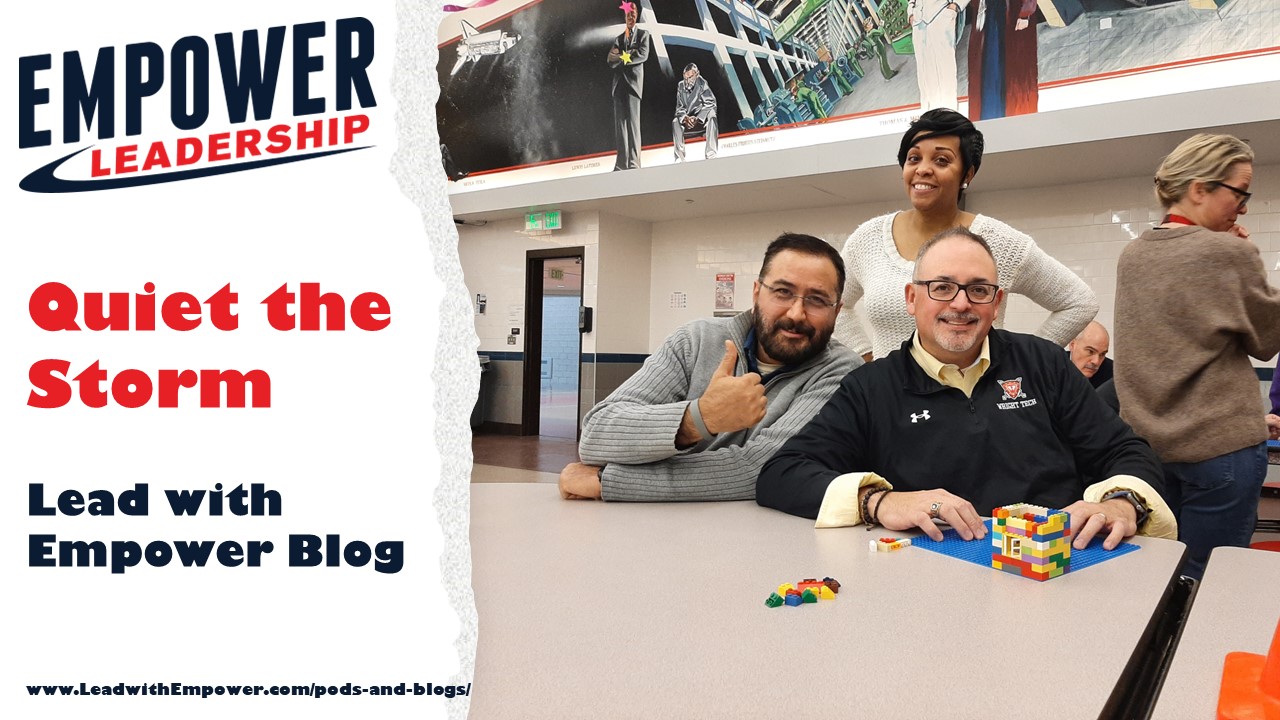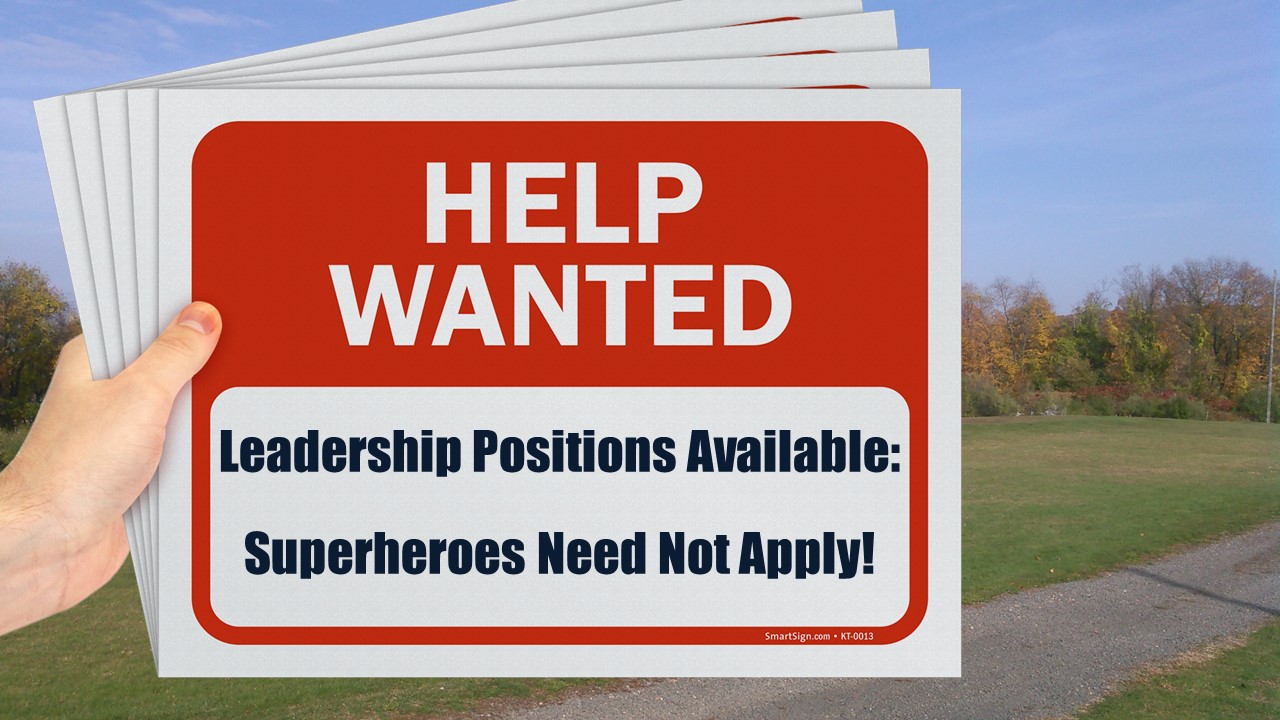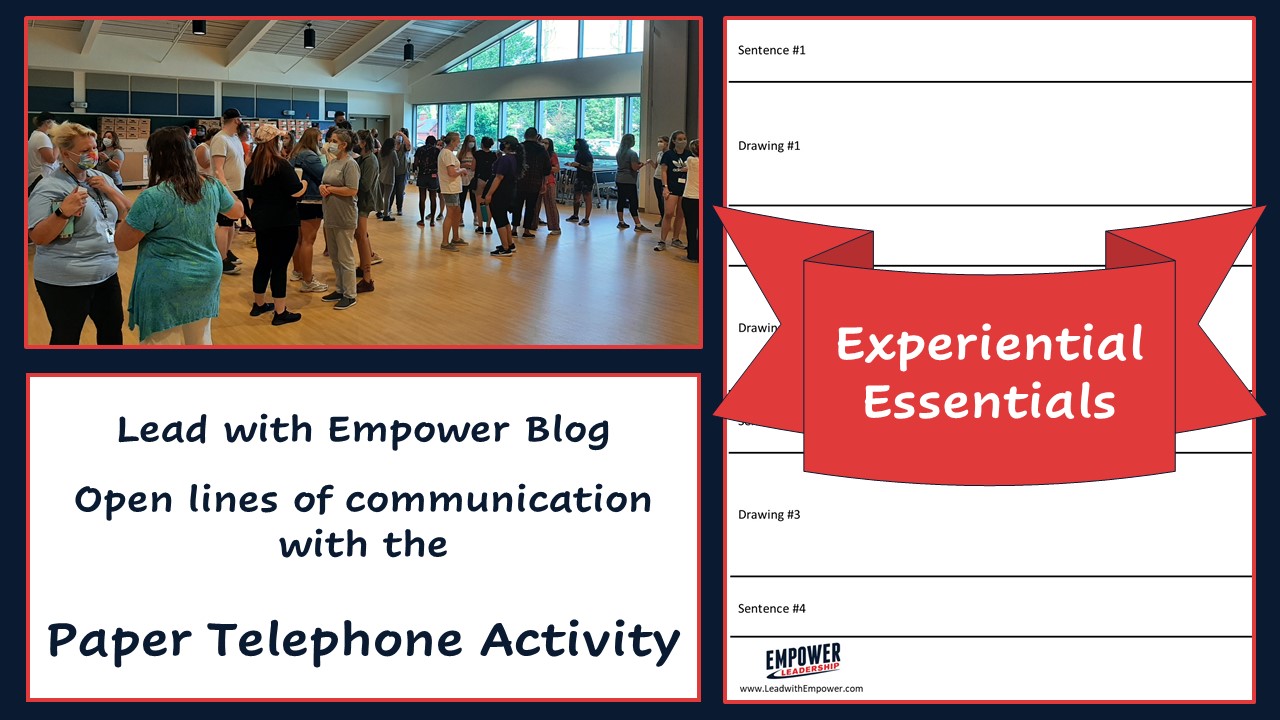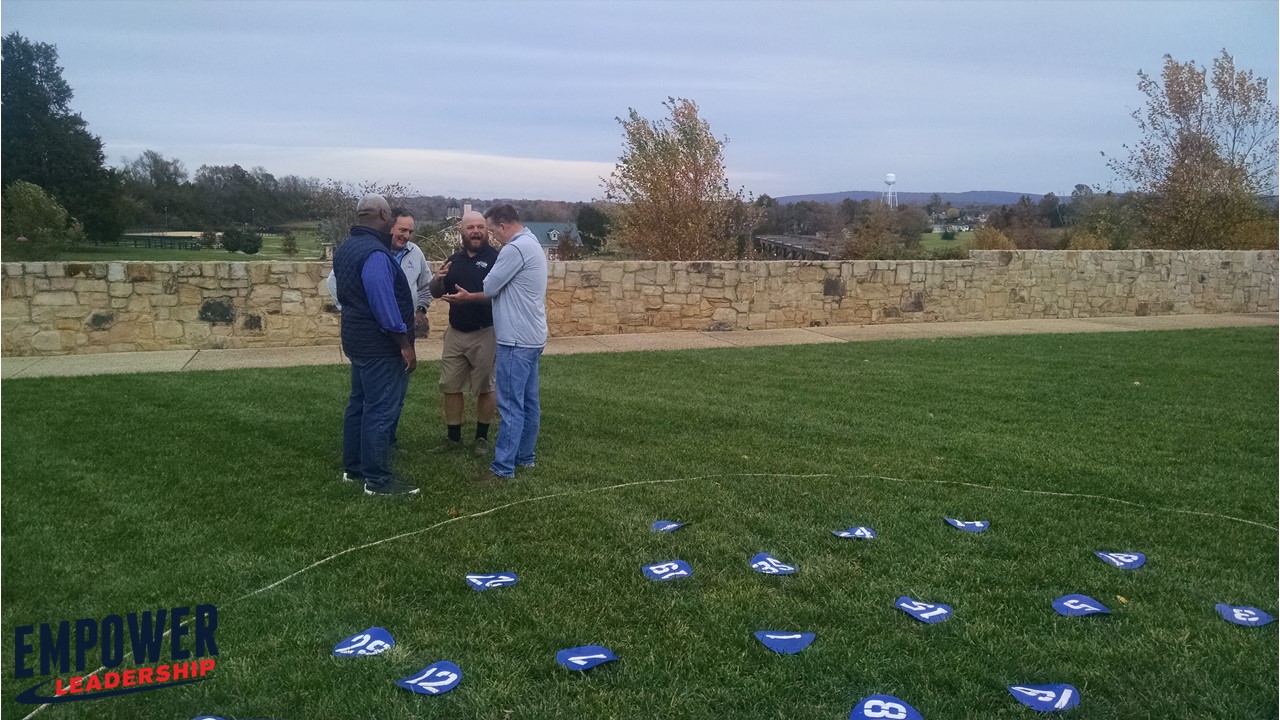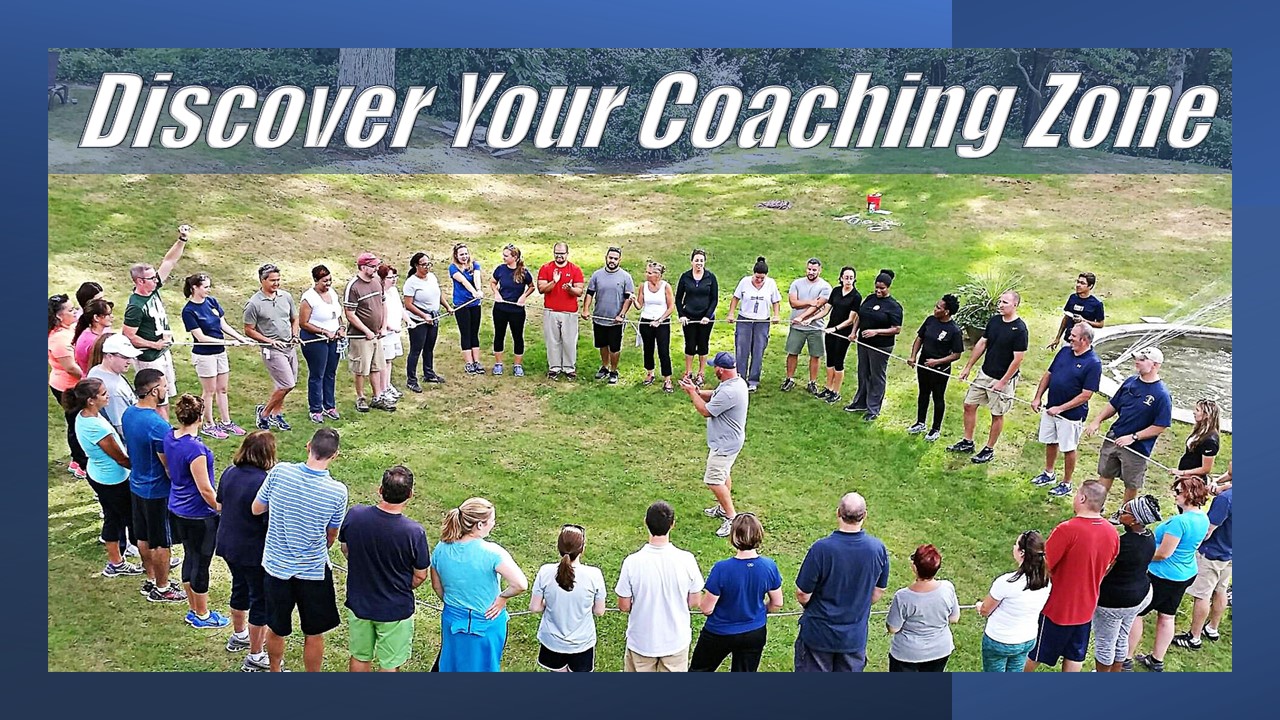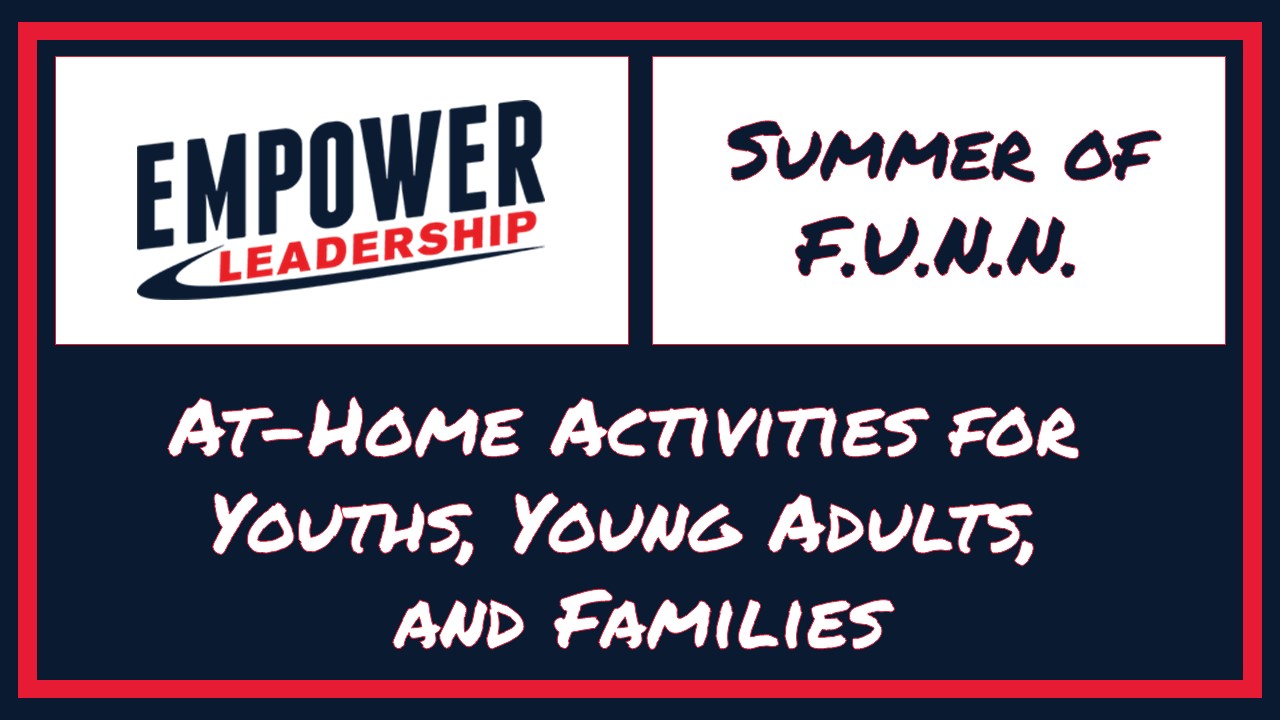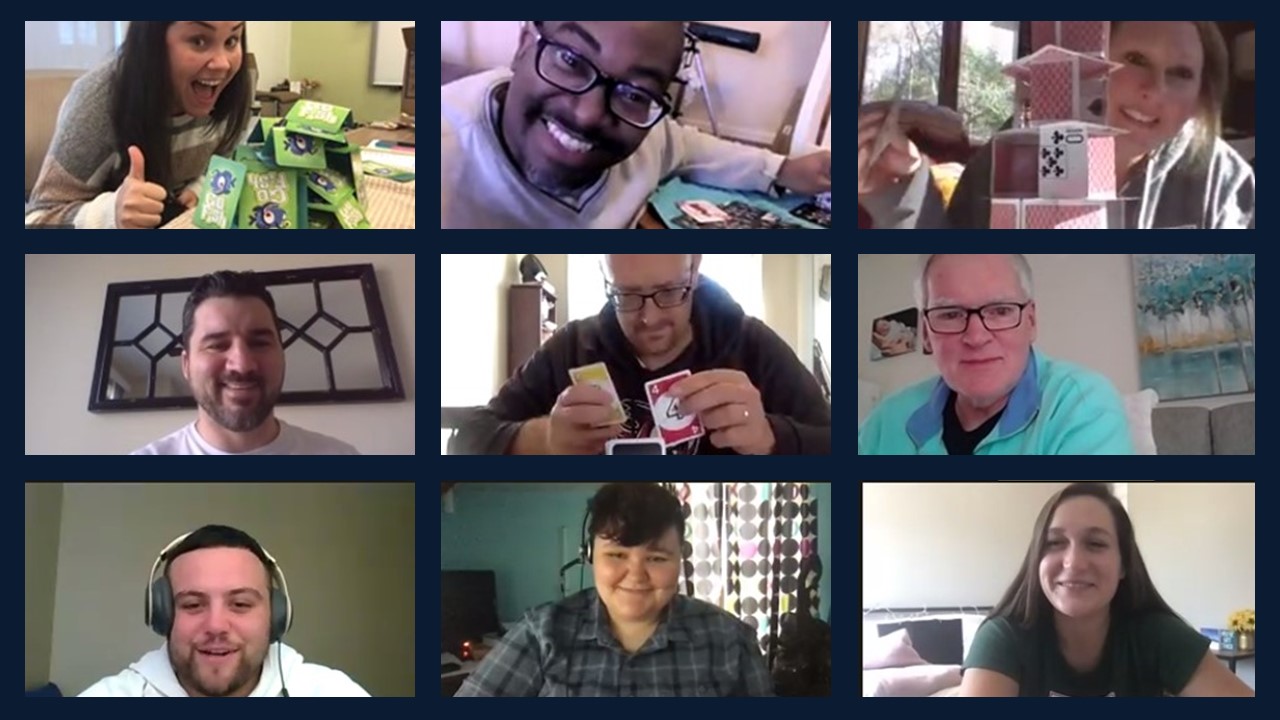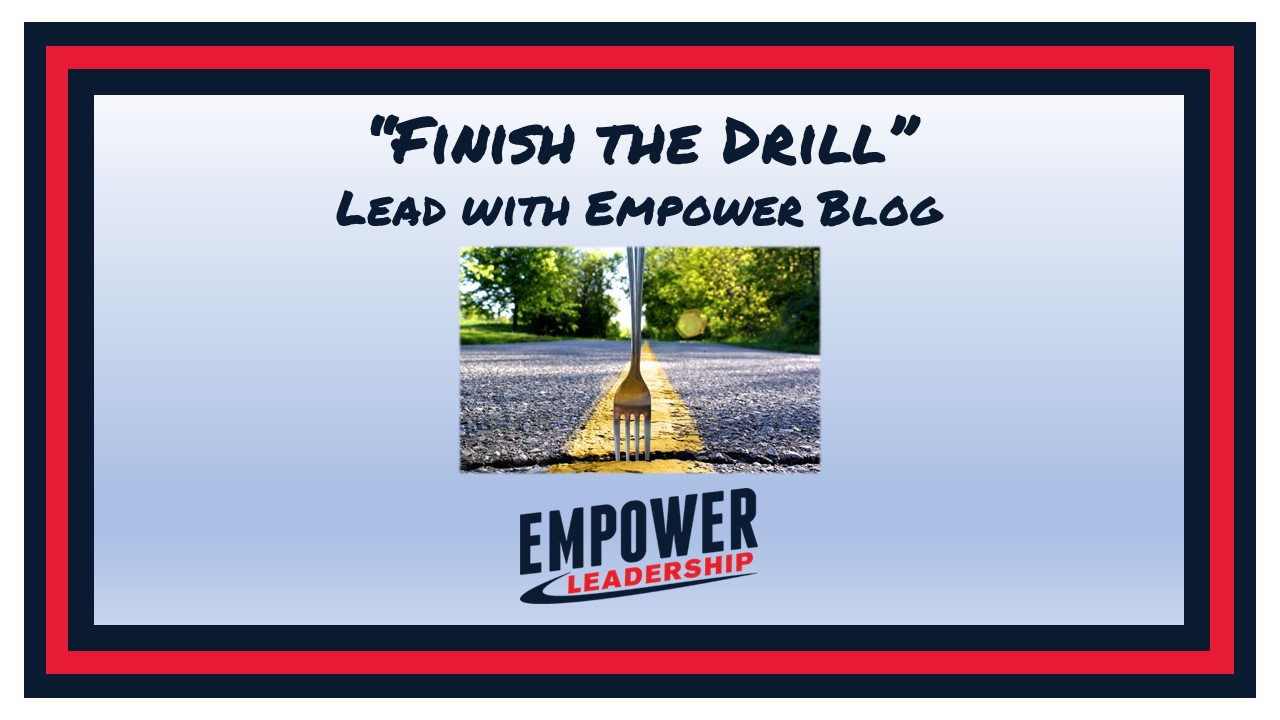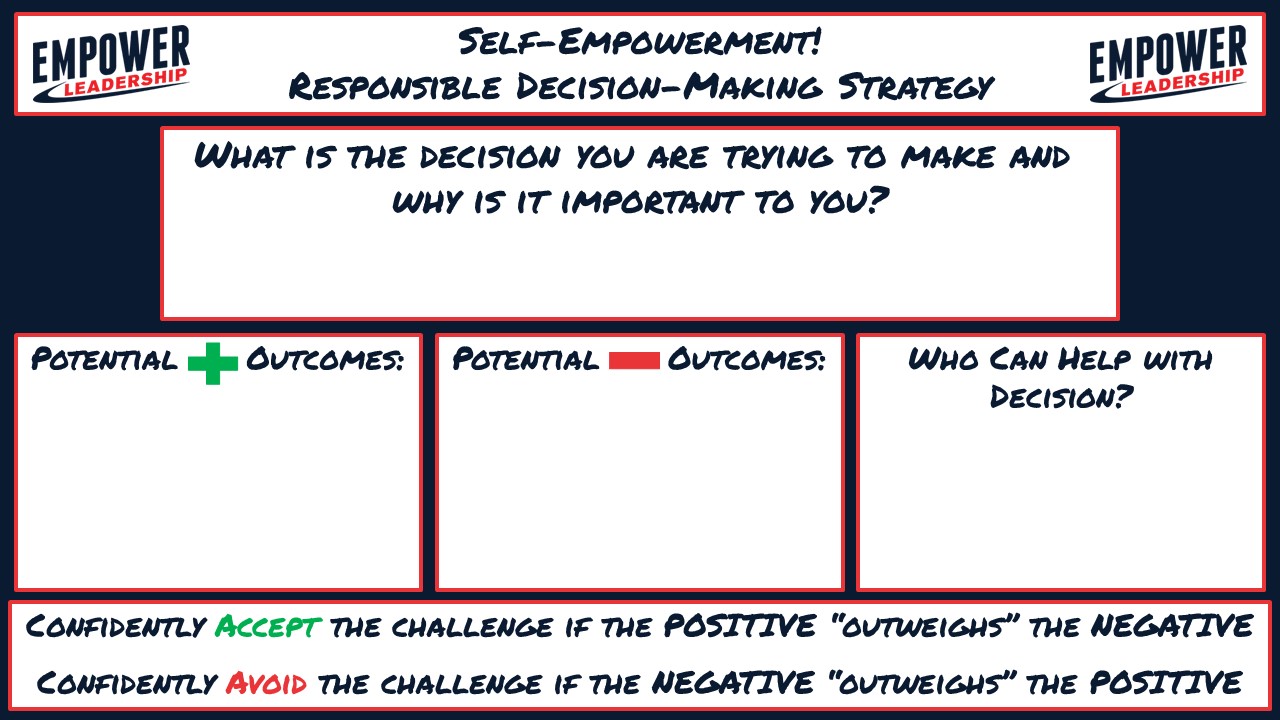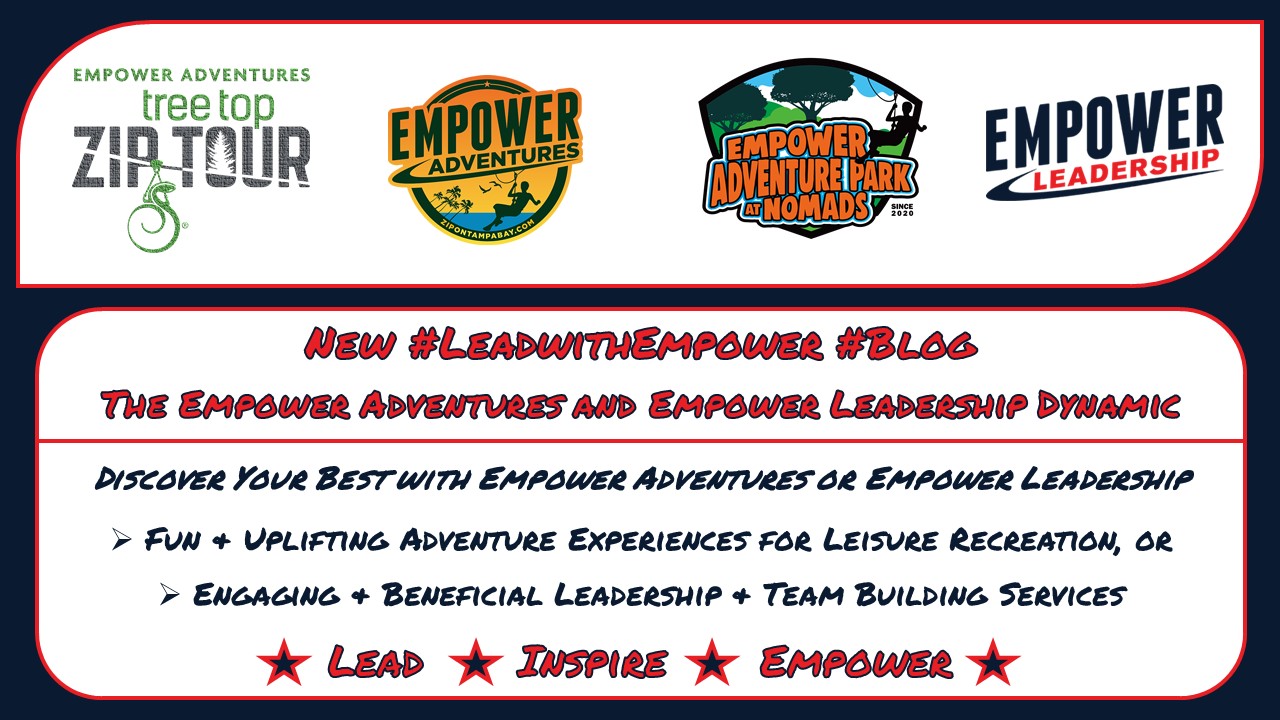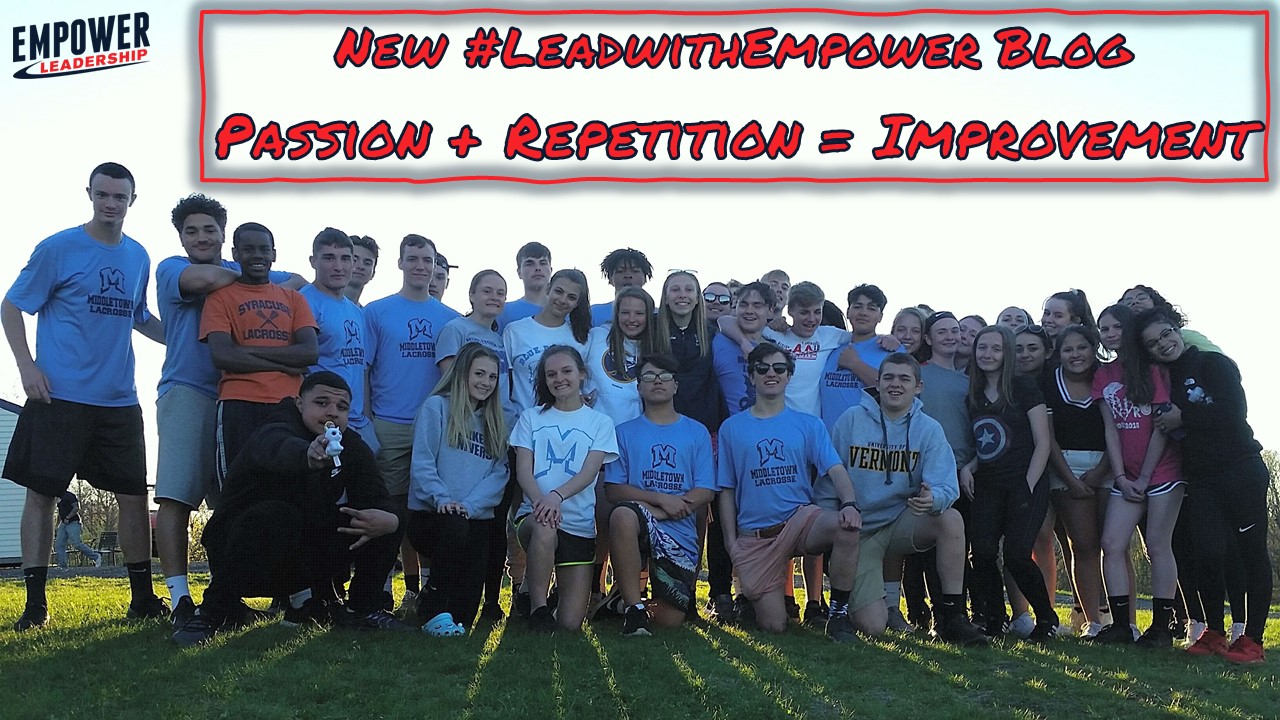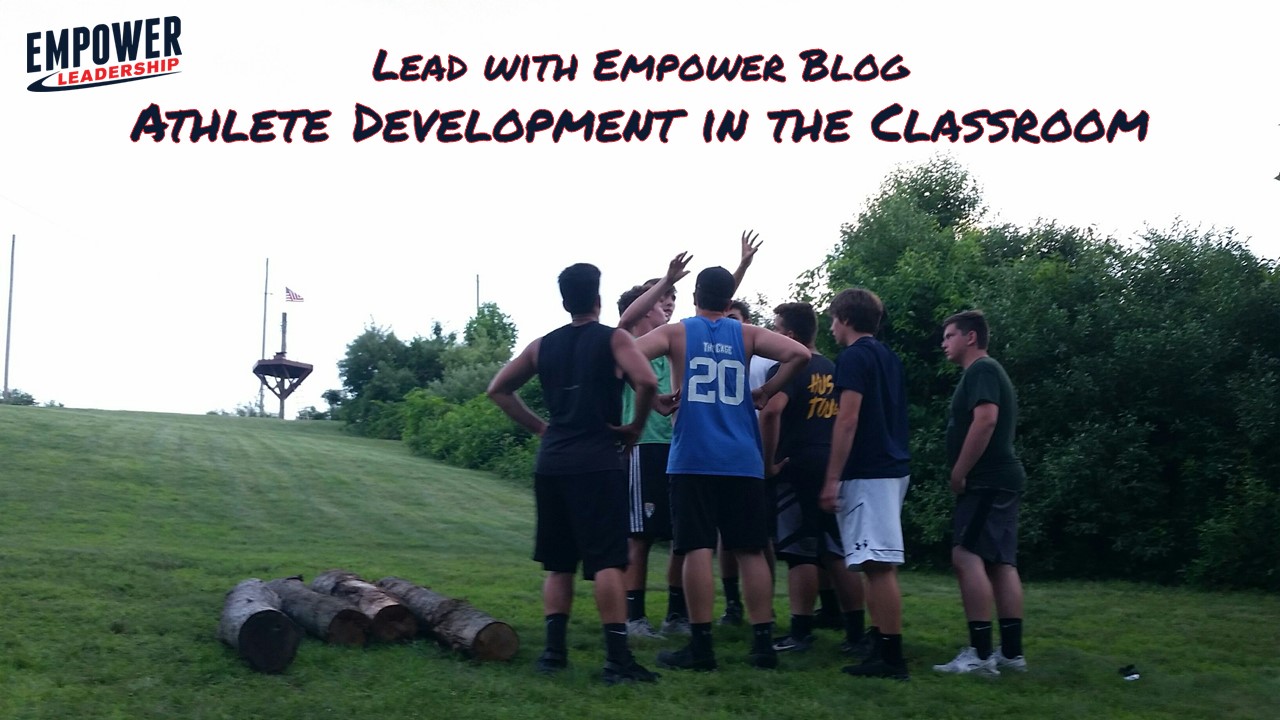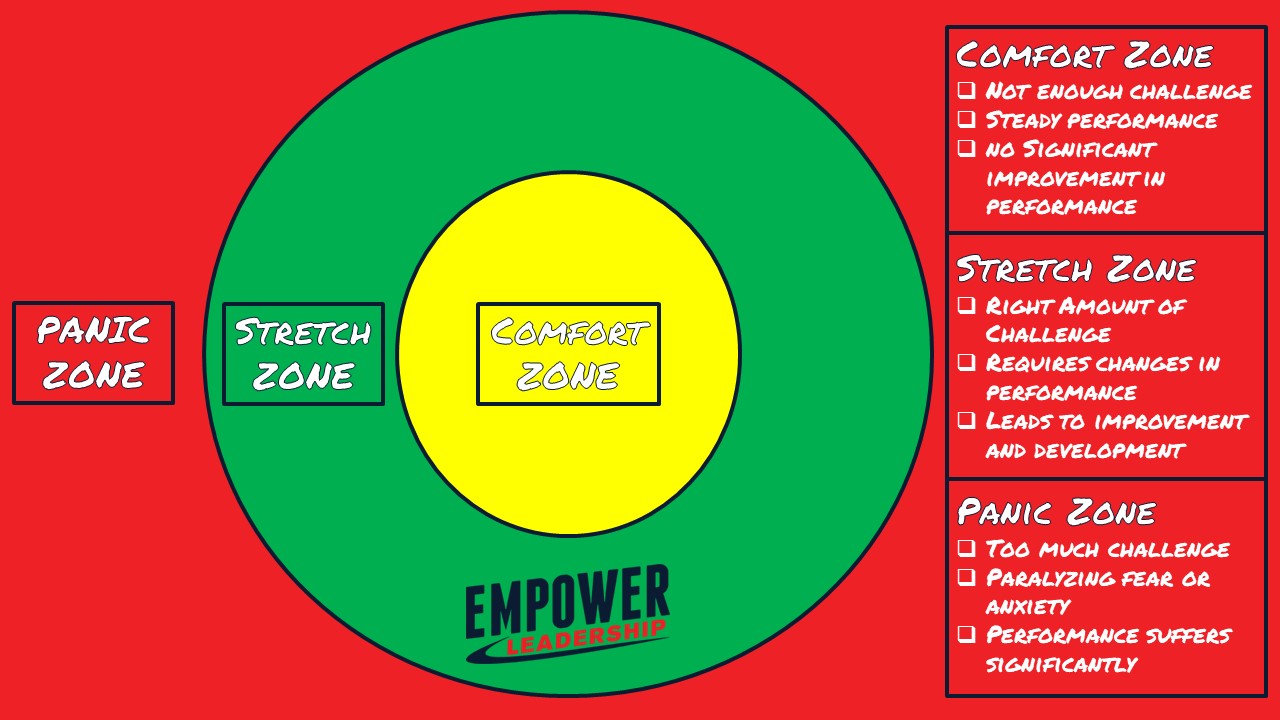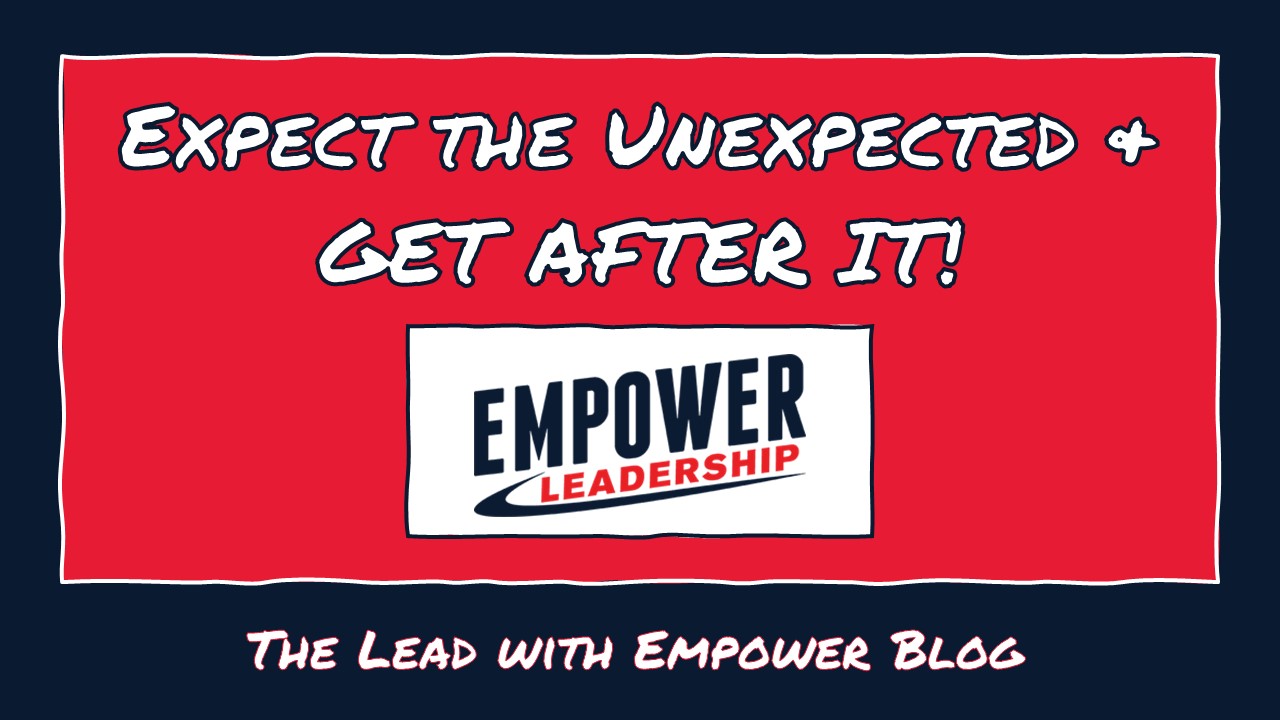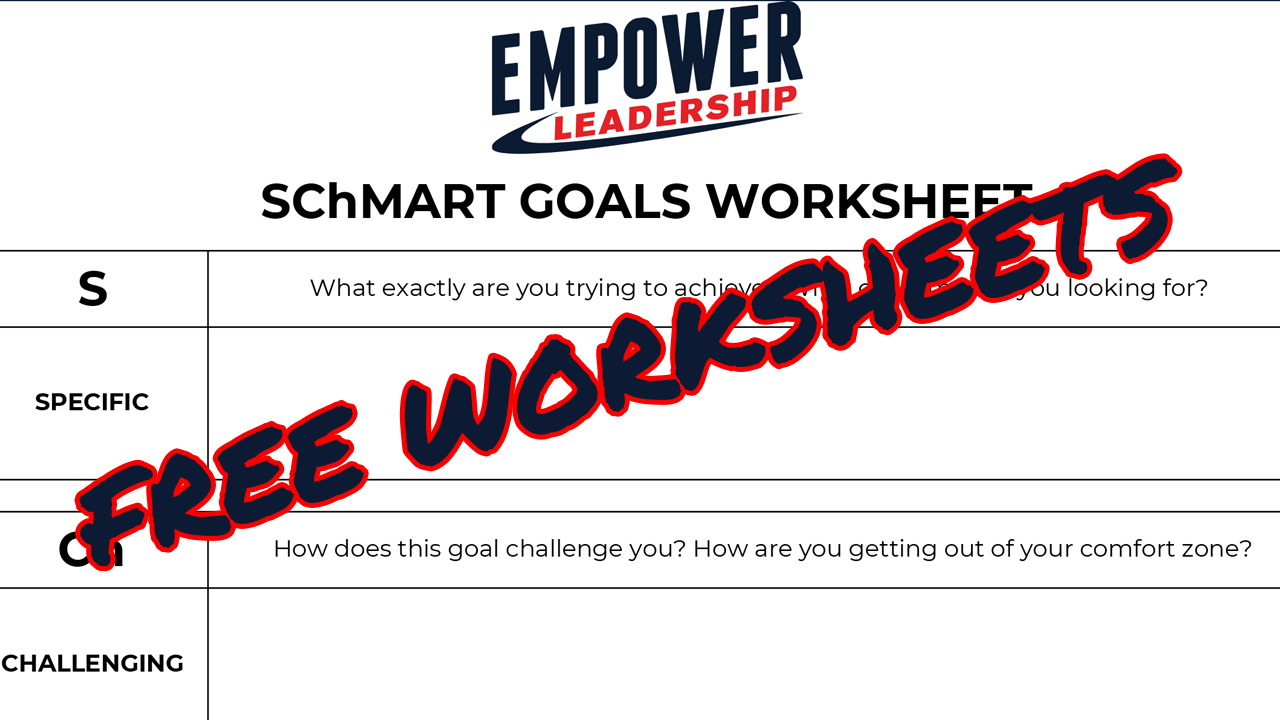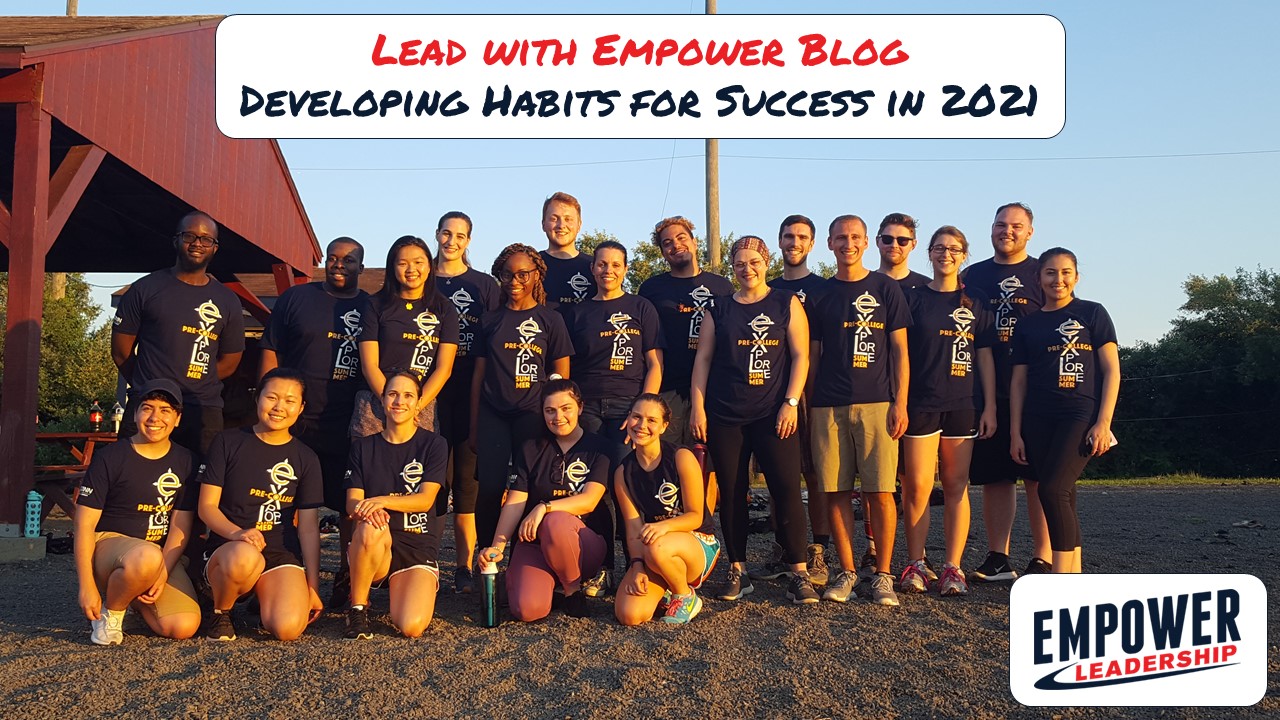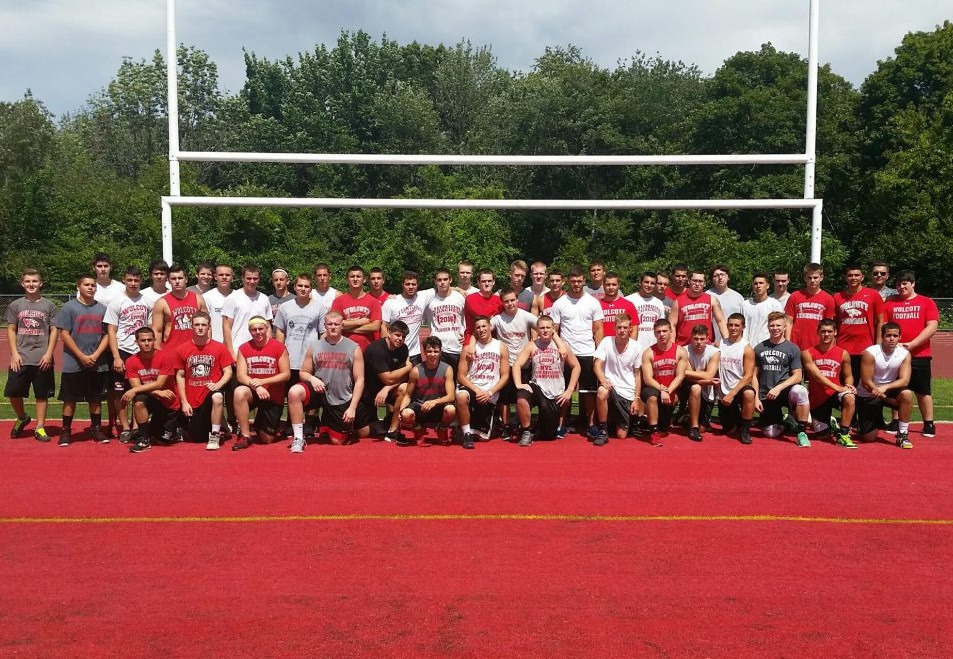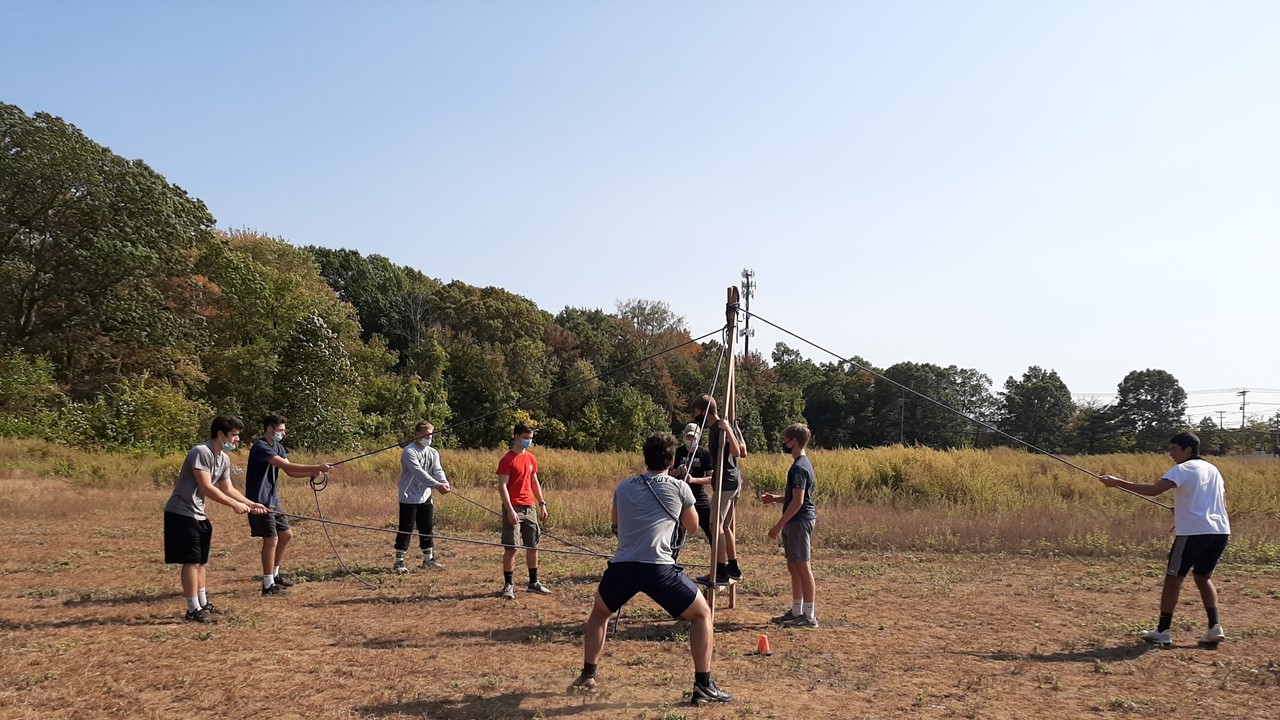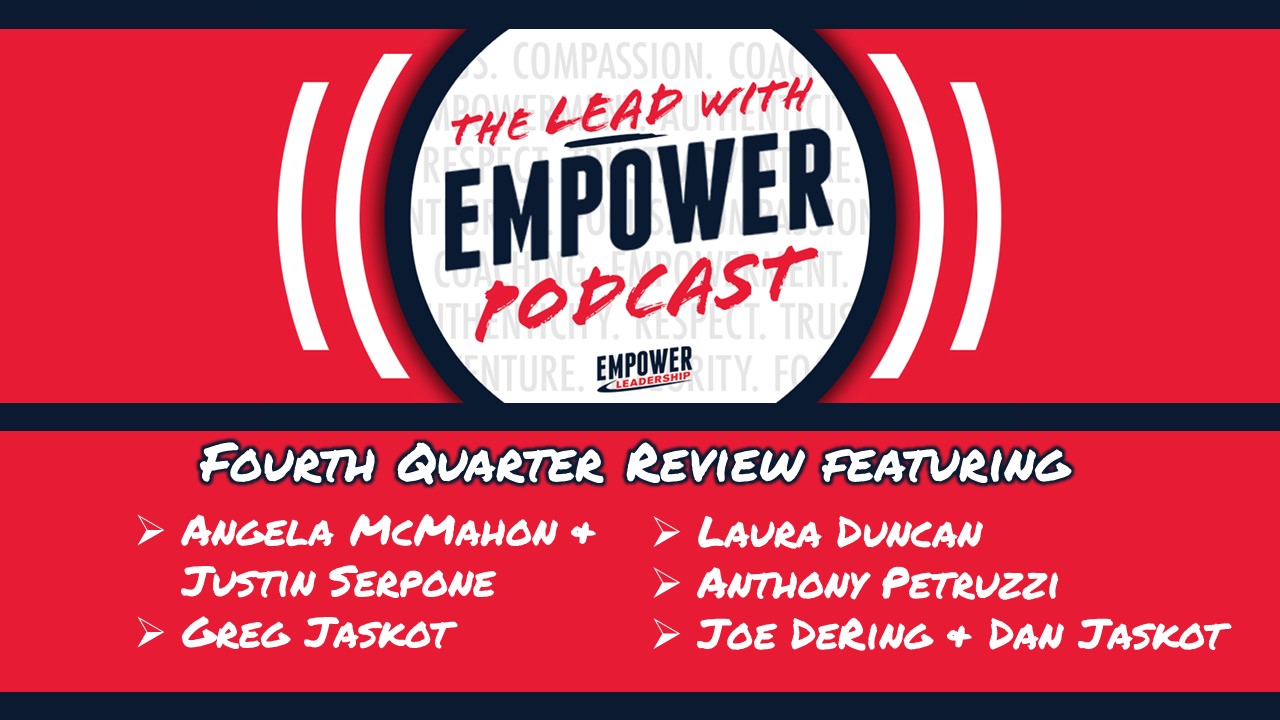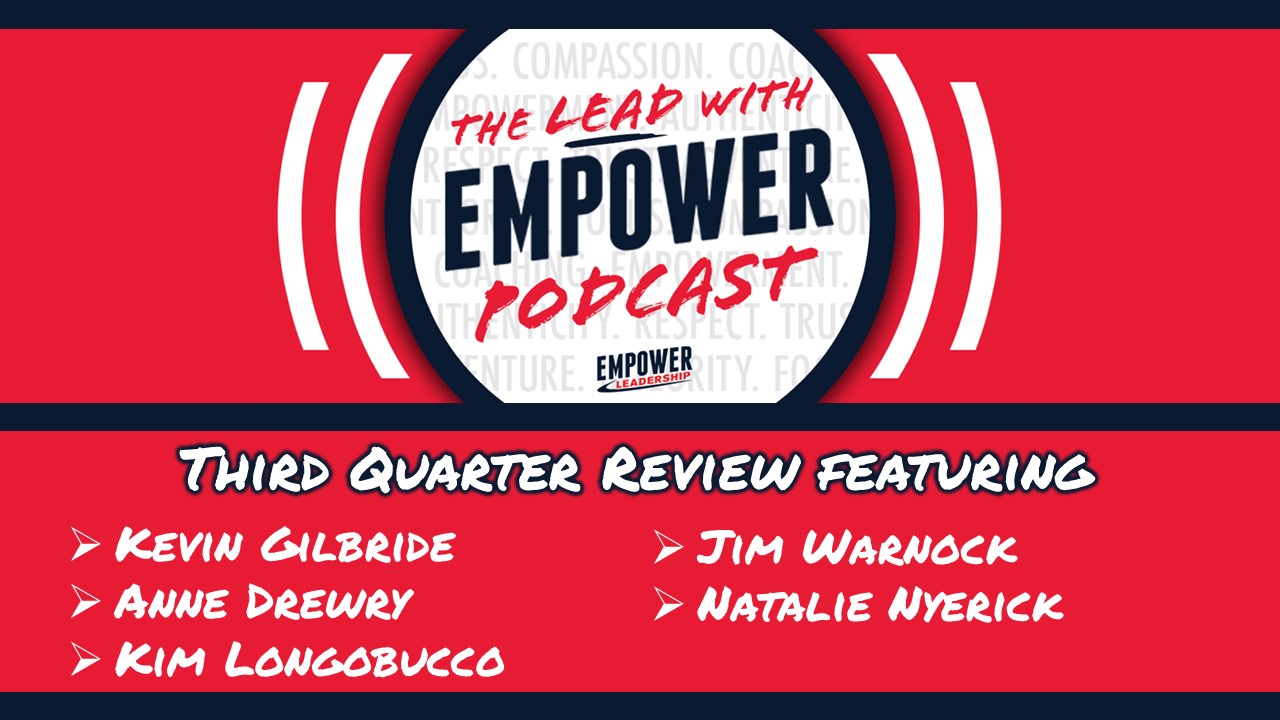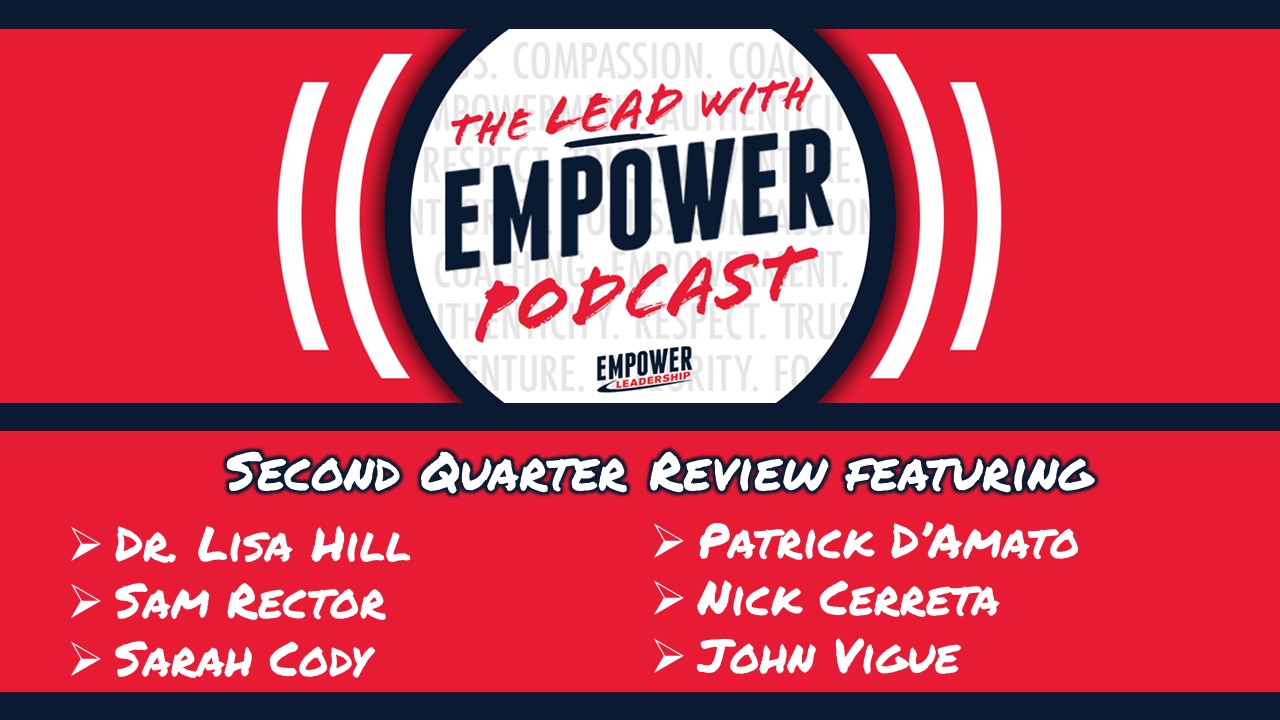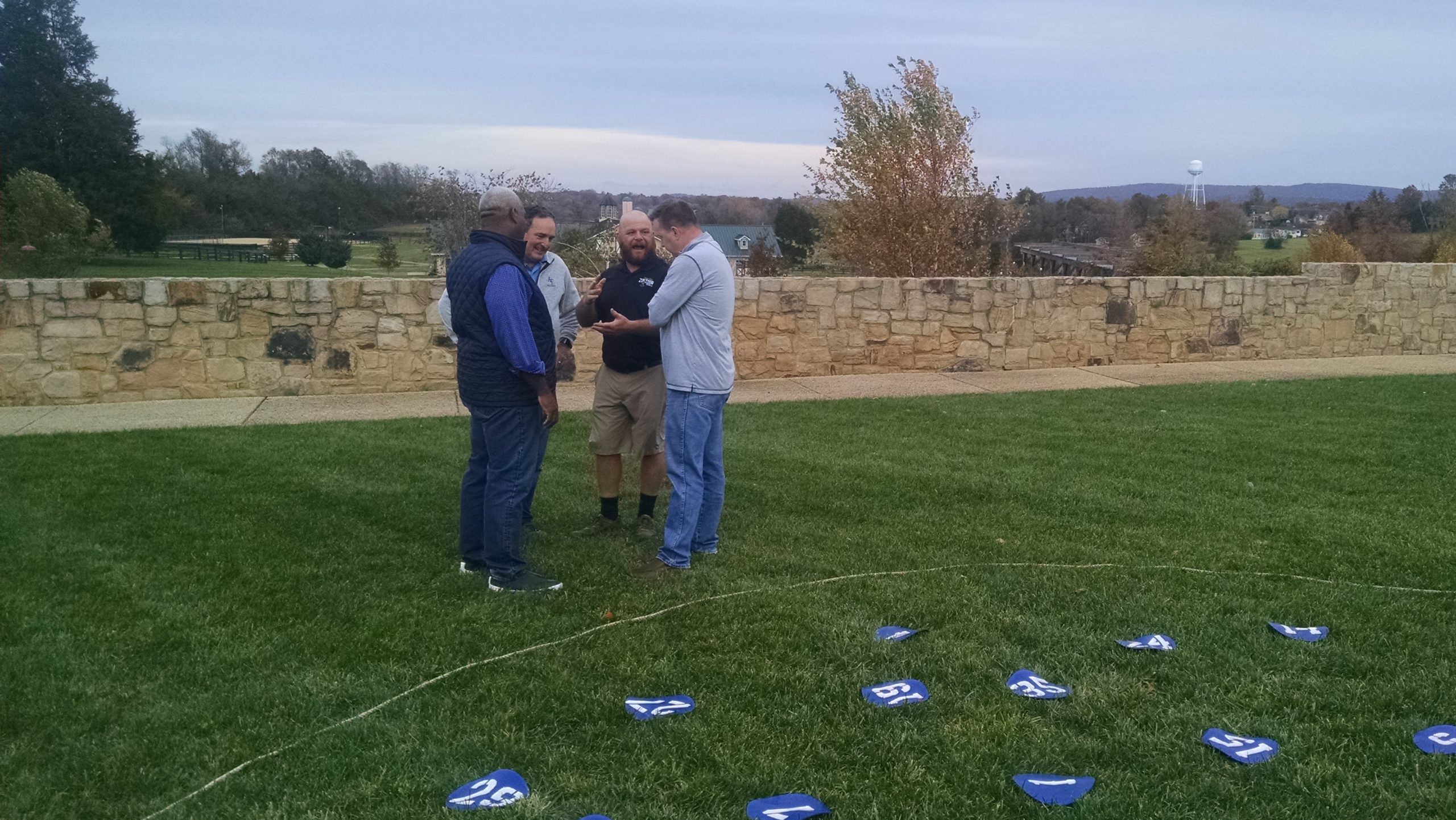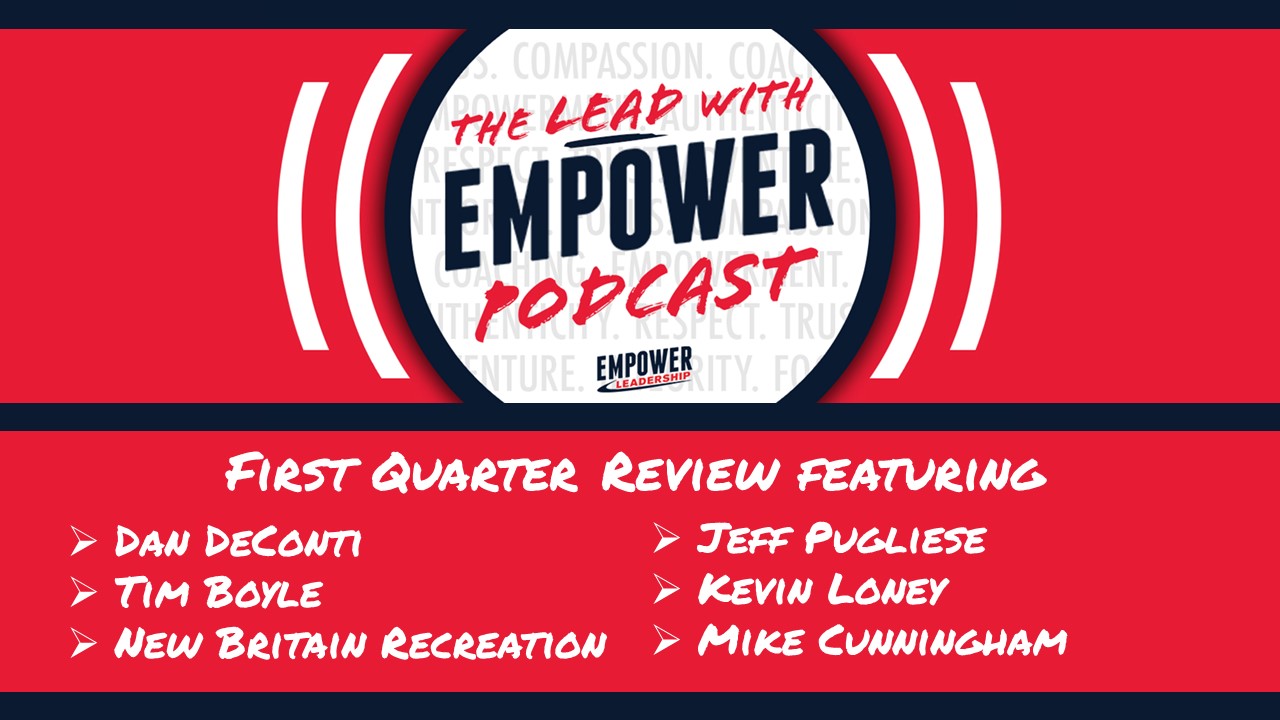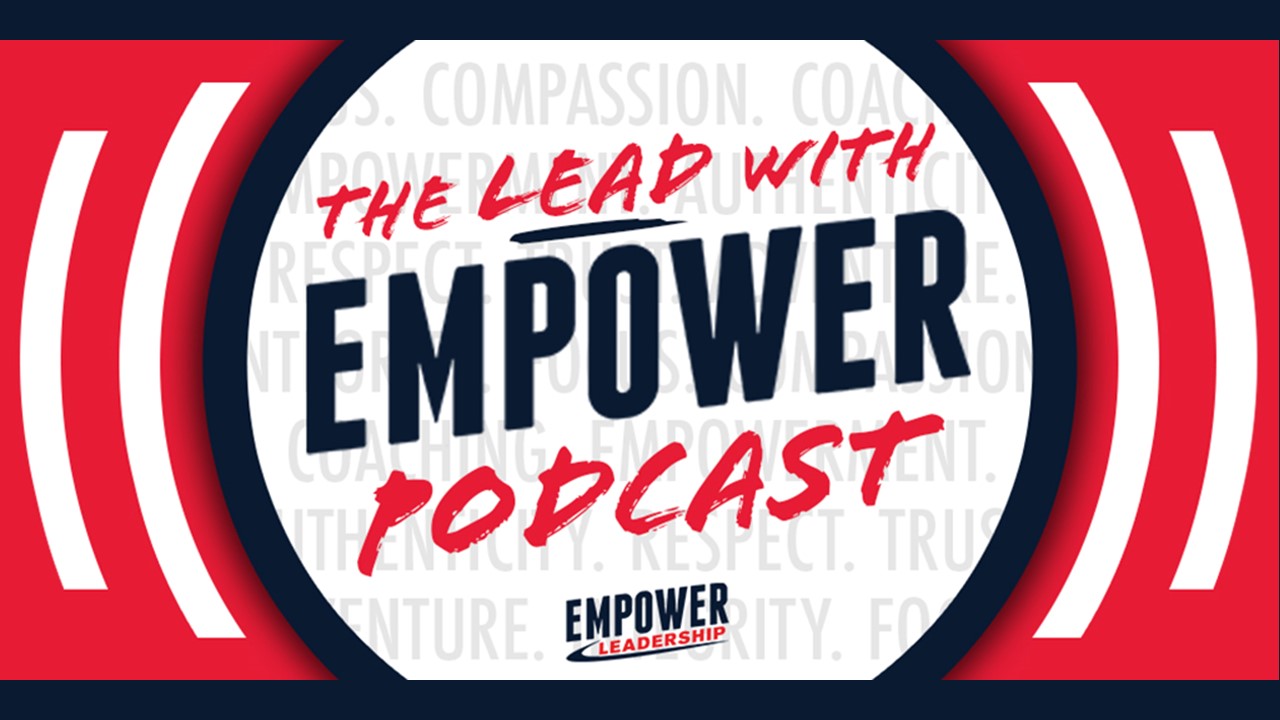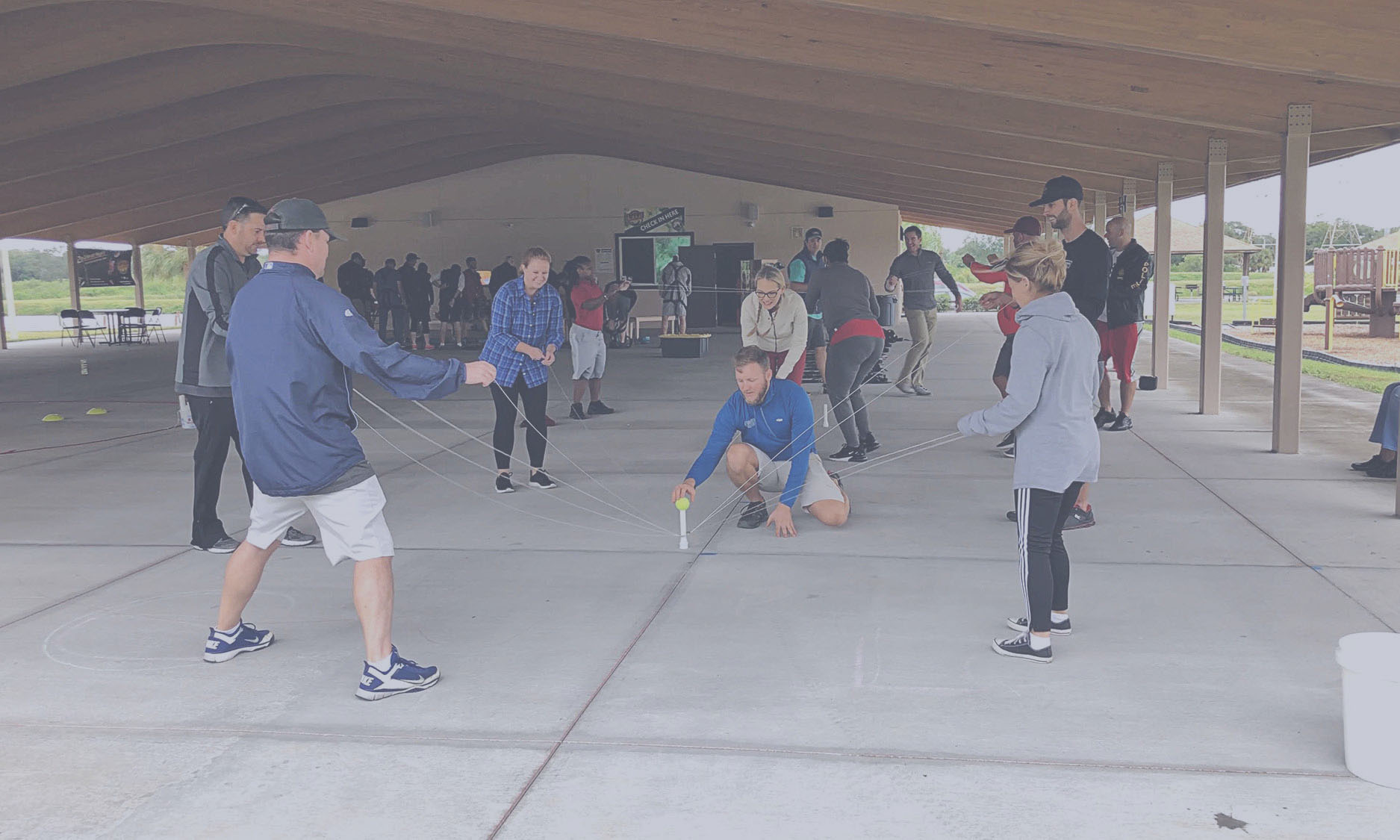Owning our Actions and Emotions
CONTROL THE CONTROLLABLE: Our emotions and deliberate actions are the only things we can control. So often, people are overwhelmed and deeply affected by things they cannot sway, deter, or convenience. For example, the way others choose to live their lives, worship, display feelings, and/or act towards various outcomes. Although the actions of others tend to somehow affect our lives, you can only control 1) how it affects you and 2) how you are going to act; in an attempt to influence and/or resolve a subject matter/situation.
THE PIPELINE CHALLENGE
The Pipeline Challenge is a cool activity, utilized to get participants to effectively and efficiently communicate (verbal & nonverbal) with teammates, create synergy and support, along with assisting in the development of key leadership attributes that can be utilized in the “real world.” The goal is very simple: utilize your teammates & pipeline tube to move and drop a golf ball from Point A (starting point) to Point B (bucket)–more times than their counterparts, with the least amount of repetitions. Participants are given approximately two minutes to huddle and develop a strategy to accomplish this feat.
The planning process amongst participants is minimal, but facilitator(s) of the activity may hear a few thoughts, opinions, and recommendations shouted out sporadically or whispered amongst a selected group of friends. Importantly, without a collective plan–participants rarely achieve success meeting their goal on initial attempts. Once failure arises, individuals begin deflecting, swearing, blaming, and not taking into consideration how their feelings and actions somehow disrupted team effort, unity and camaraderie. Because of their negative impact, the team will never achieve success, unless they adjust their attitude and how they react to said stimuli!
EMOTIONAL CONSIDERATIONS
Everyone has feelings. Unfortunately, individuals forget about the latter during circumstances and events. Once you add COMPETITION and/or TIME as factors to consider to achieve a specific goal–an individual’s character gets placed on full display. You may notice that there are a lot of impatient individuals, who want full control of you and the situation, hate role clarity, or reduction/increase of responsibilities. They may try to hide their displeasure, but nonverbal cues cannot be vanquished. Spite is a REAL THING! The reason they may act in such a distasteful manner is because they desire “POWER” (full control of you and/or the situation).
You choose to let things bother you. You can just as easily choose not to notice the irritating offender, to consider the matter trivial and unworthy of your interest. That is the powerful move – Robert Greene, 48 Laws of Power.
DEVELOP A BETTER YOU!
Controlling your emotions can be a daunting task. There is an infinite selection of self-help publications written to aid you in controlling your emotions, outlining rules and guidelines to help create and develop a better you. Importantly, controlling your emotions has to be deliberate, therefore you must maintain and understand your inner feelings–the connection between your heart, mind, and spirit! No, there’s not an exact science on how to stop yourself from being angered, saddened, or overly stimulated. However, these feelings, WHEN CHECKED, can be controlled! No one can “ruffle” your feathers, unless you allow them too. Did someone just yell at you? How did it make you feel? Do you connect or associate these internal emotions with similar situations, events, or people that further complicates what you are trying to achieve? Are you in fear of the outcome? Needless to say, the fact still remains–you are in control of your emotions; the precursor and stimulator of how you decide to act.
No one is listening to your plan and you have a cool idea on how to get the golf ball from Point A to Point B (The Pipeline Challenge). Consider the following when attempting to conduct emotional self-checks: 1) Were you listening to your teammates strategies prior to developing your plan, 2) Are you overly passionate and/or outspoken, 3) Are you seeking “POWER” (full control) or properly establishing role clarity?
WHEN THE BALL HAS DROPPED
While you and your teammates attempt to move the golf ball from Point A to Point B, it falls to the ground–ending your opportunity to complete the goal (for that repetition in the execution of the event). Without controlling your emotions, your demonstrated actions leave your fellow teammates disoriented and upset with you and the outcome. Again, you are in control of your emotions and how you act when faced with any situation, both negative and positive. When the ball dropped, did you choose to gather your teammates and reiterate, amend/adjust the plan, or did you decide to make matters worse by yelling, walking away, or displaying a temperament that was so off putting that you teammates no longer want to finish the activity?
MASTER THE ART OF CONTROLLING THE CONTROLLABLE
How you act in the presence of others or alone, is a true reflection of your character–or lack thereof. Individuals are held accountable for their actions and/or willingness to aid in the commission of the deliberate acts of others. Your actions are connected to your emotions, both controllable, and definitely more important than a novice reaction. Although you cannot plan how you feel about someone or thing, individuals can always control and plan for how they act and adapt to facilitate a process to achieve a desired outcome.

